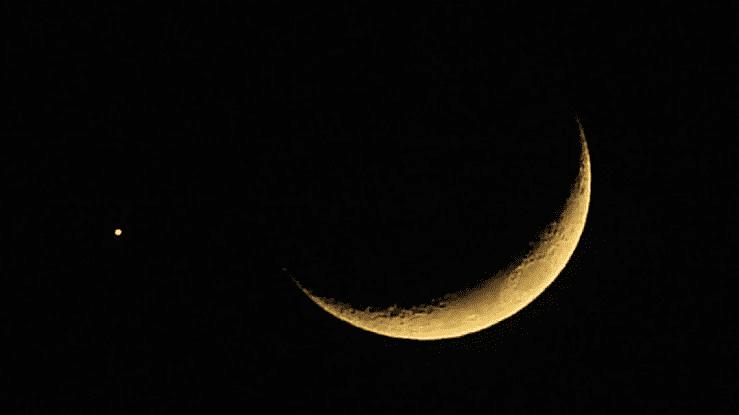Today, Muslims in Nigeria will join their counterparts all over the world to welcome the Holy Month of Ramadan and, expectedly, begin the Ramadan Fast (sawm), which entails abstinence from eating, drinking, smoking and sexual relations in the day, for the next 29 or 30 days.
The instruction for Muslims to observe fasting during the month of Ramadan was revealed to Prophet Muhammad SAW (May Peace and Blessings of Allah be upon Him) and it was made compulsory in the second year of the Hijrah as aptly captured in Surah al-Baqarah (Ayah 183-187).
Specifically, Ayah 183 of Surah al-Baqarah says: “O you who have believed, decreed upon you is fasting as it was decreed upon those before you that you may become righteous”.
In 184, the Qur’an says, “Fasting is for a limited number of days. So whoever among you is ill or on a journey during them, then an equal number of days are to be made up. And upon those who are able to fast, but with hardship, a substitute is feeding a poor person each day. And whoever gives more, it is better for him. But to fast is best for you, if you only knew.”
It is in the month of Ramadan that the Qur’an was revealed. Muslims who sight the new moon of the month are directed to fast while those who are ill or on a journey are to make it up with an equal number of days.
Ramadan is the ninth month in the Islamic calendar and Muslims are enjoined to observe fast, one of the five pillars of Islam, with the other four being shahada (article of faith), salat (five daily prayers), Zakkat (alms) and pilgrimage to Mecca, throughout the month.
Indeed, this is the month of forgiveness and Muslims are commanded to give charity, make more du’a and recite the Holy Qur’an so as to reap the enormous blessings of Allah.
Essentially, it is a time of spiritual reflection, devotion and self-improvement where Muslims are instructed to double every act of good deed to earn the enormous blessings and abundant favours of Allah. One of the fundamental commands of Allah in this month for Muslims to give enormously, out of the abundance of what the almighty bestowed on them.
As an enabler of the purification of hearts and minds, fasting, aside from having numerous religious benefits, also has enormous health importance, including the fact that it lowers cholesterol, improves blood sugar level and helps in improving the digestive system.
In Nigeria, the Ramadan fast is coming at a time the citizens are grappling with harsh economic conditions arising from cruel policies of both the national and subnational governments that have exacerbated poverty and suffering of the masses.
This year, Muslims in Nigeria will observe the fast while contending with not just skyrocketing prices of foodstuffs but poor naira redesign policy which has led to cash crunch that forced the citizens to spend long man-hours on queues at the banks just as it has killed hundreds of small and medium scale enterprises, and further worsen the unemployment conundrum.
Nigerian Muslims, specifically those who are fortunate to even have little money in their bank accounts, will have to, as has been the case for the past two months, spend unnecessarily long hours on the queues at ATM points to access money for their basic needs.
Undoubtedly, the current hardship in the country in the face of rising cost of foodstuffs underscores the need for those with the means to assist the less privileged observe the fast with relative ease.
As Nigerians fast in this glorious month, we enjoin them to pray ceaselessly for God’s blessings and mercies to abide in the country. Importantly, the Muslim faithful should not relent in using this month of Ramadan to ceaselessly pray for new leaders who will take the mantle of leadership in the country come May 29 this year. Prayer, they say, changes things.
As a newspaper, we join the almost two billion Muslims all over the world to welcome this holy month of Ramadan and urge them to use this auspicious moment to atone for their sins.





